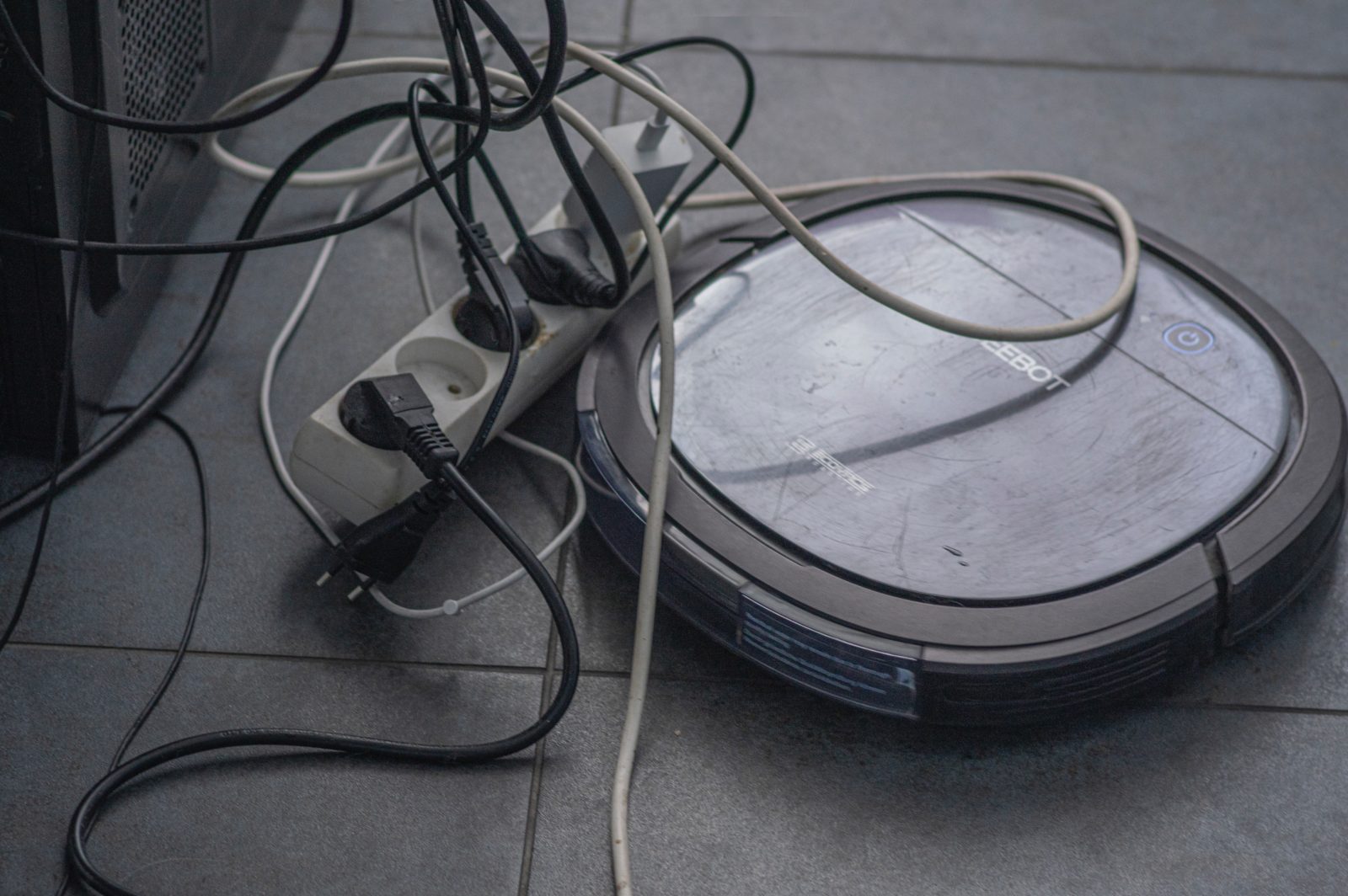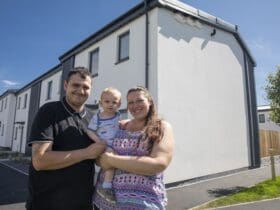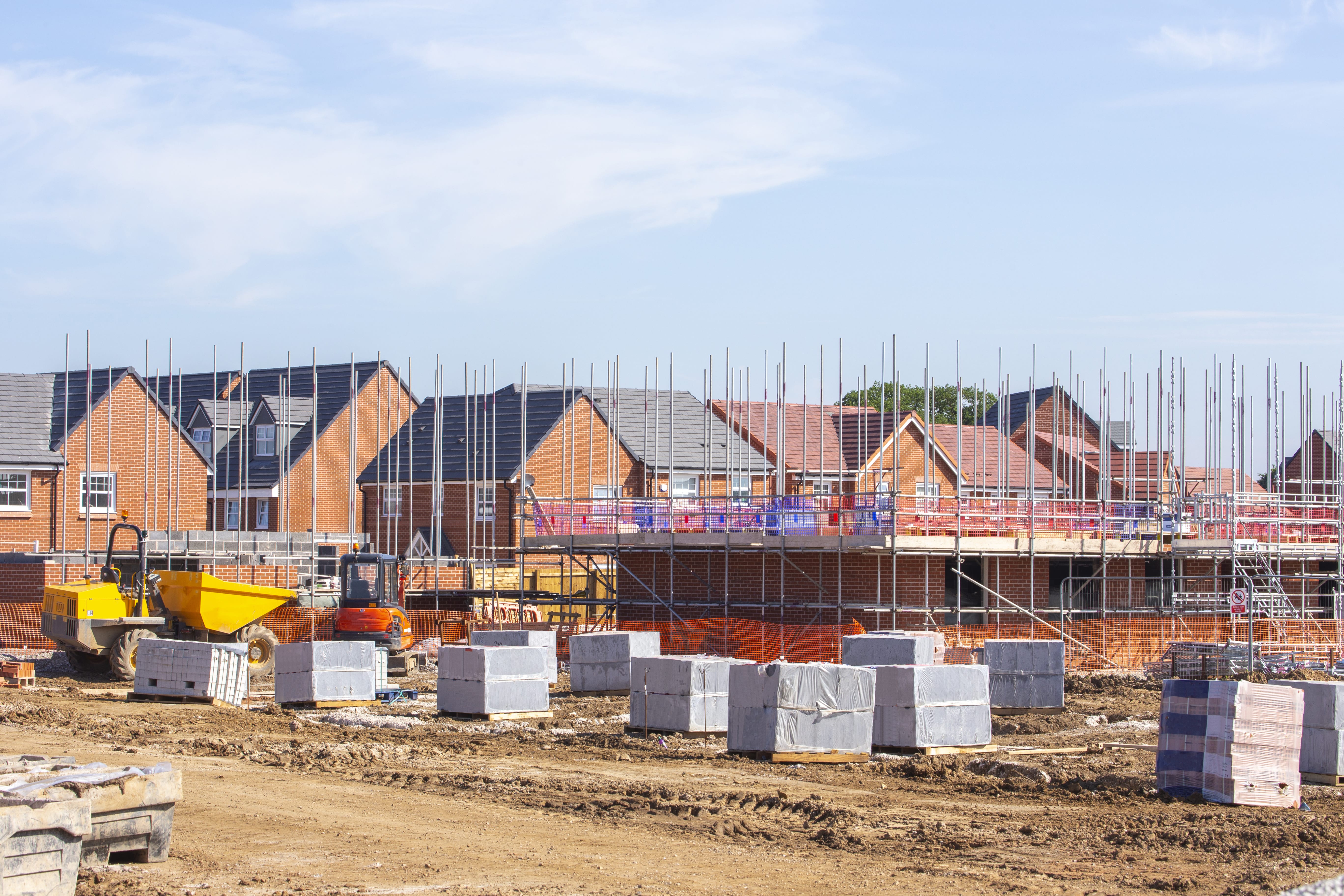The minimum electrical safety standards (ESS) came into force for rented properties in June 2020. These new rules require landlords to have all electrical installations within their properties inspected by a qualified electrician every five years. The regulations were introduced to ensure that electrics in rented properties are safe and maintained.
Here are five ways that landlords can ensure the electrical safety of their tenants:
1. Obtain a new EICR
Obtaining a new EICR (Electrical Installation Condition Report) is the easiest way to get an overview of the safety and overall condition of the electrical fittings and installations within your property.
A licensed electrician will visit your property and do a detailed inspection of all your electrical installations including your power outlets, fuse board, light switches, and more. They will identify if any remedial action is needed to improve the safety and efficiency of electrical installations.
You can arrange the remedial work before new tenants move in. A new EICR is required by law every five years, but you can arrange an inspection periodically to improve electrical safety and minimise safety hazards in your rental property.
2. Upgrade faulty appliances
Faulty appliances can cause electrical issues like power surges and increase the risk of electrical fires starting in your property. Upgrading old or faulty appliances will improve electrical safety and also create a more comfortable and modern living space for your tenants.
Modern appliances are also more energy-efficient which means they use less electricity and are cheaper to run. This makes upgrading a great investment that can lead to long-term tangible cost-savings for you and your tenants.
3. Arrange Portable Appliance Testing (PAT)
Unlike EICRs, PAT testing is not required by law, although it is advised that landlords inspect their portable electrical appliances regularly. According to a report by AIG UK, faulty portable electrical appliances are one of the leading causes of house fires in the UK.
PAT testing ensures that portable appliances like heaters, microwaves and kettles are safe and properly maintained. This helps to minimise the number of electrical fires in rental properties.
4. Carry out remedial work immediately
You should arrange remedial work immediately if a tenant contacts you to report an electrical issue such as electrical surges or a burning smell inside the property. Electrical faults can cause fatal shocks and house fires resulting in serious injuries and death, so it’s crucial that you act fast once an issue is brought to your attention.
Contact a licensed electrician immediately after you have been made aware of an electrical fault in your rental property, even if the problem seems minor. It may also be a good idea to arrange further electrical testing to check the condition of other electrical installations in your property.
5. Remind tenants about electrical safety
It is a good idea to remind tenants of best practices when it comes to electrical safety. For instance, place a sign in your rental property reminding tenants not to overload plug sockets with extension leads and not to block air vents on electrical appliances.
Bottom line
Landlords have a legal duty to protect the health and safety of their tenants by testing electrical installations and appliances within their properties regularly. The above tips will help you improve electrical safety for your tenants and reduce the risk of electricity-related damage, accidents and fires.
Get in touch if you would like to arrange electrical safety testing in your rental property or have any questions, we’re always happy to help!









Leave a Reply
View Comments